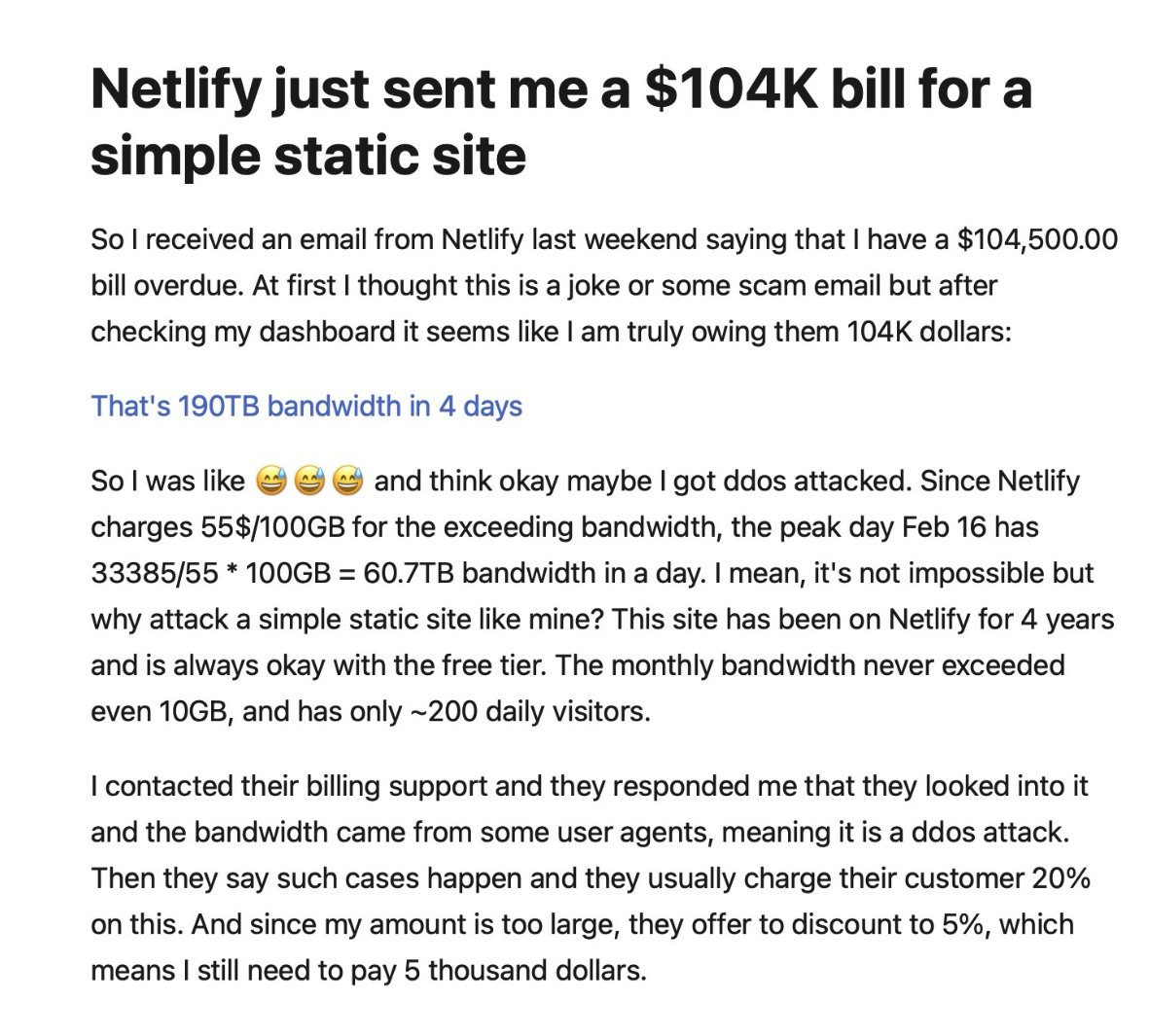853
129
856
262
858
65
Generative AI Tools Now Advanced Enough to Mislead Voters, Researchers Show
(www.extremetech.com)
859
189
865
131
How positive male role models are detoxifying the social media ‘manosphere’
(www.theguardian.com)
868
199
Firefox plan to show ads and shopping in the near future in the browser as an opt-out
(bugzilla.mozilla.org)
871
18
Superstars or Black Holes: Are Tech Clusters Causing Stagnation? - American Affairs Journal
(americanaffairsjournal.org)
874
30
Technology
37664 readers
546 users here now
A nice place to discuss rumors, happenings, innovations, and challenges in the technology sphere. We also welcome discussions on the intersections of technology and society. If it’s technological news or discussion of technology, it probably belongs here.
Remember the overriding ethos on Beehaw: Be(e) Nice. Each user you encounter here is a person, and should be treated with kindness (even if they’re wrong, or use a Linux distro you don’t like). Personal attacks will not be tolerated.
Subcommunities on Beehaw:
This community's icon was made by Aaron Schneider, under the CC-BY-NC-SA 4.0 license.
founded 2 years ago
MODERATORS


